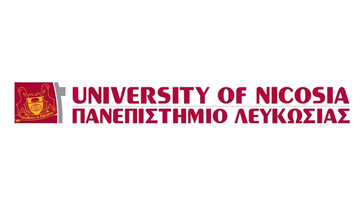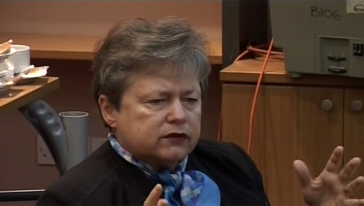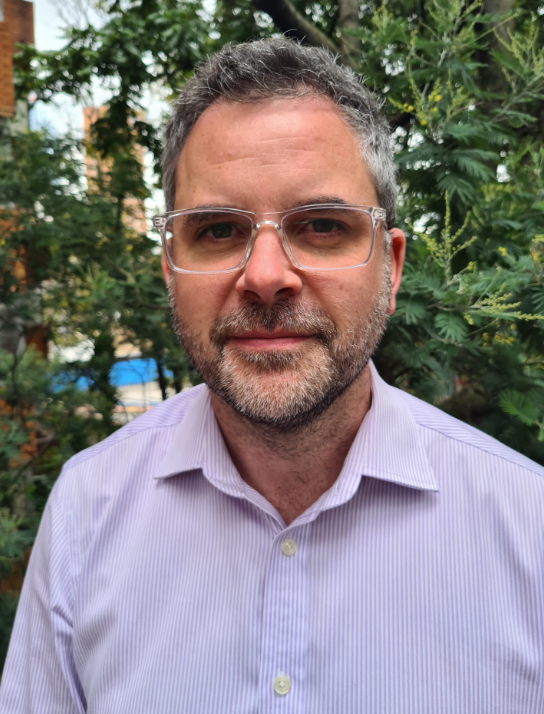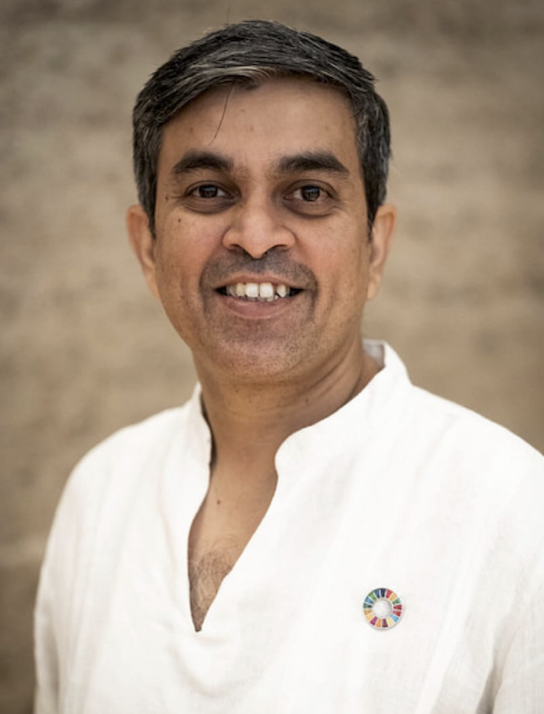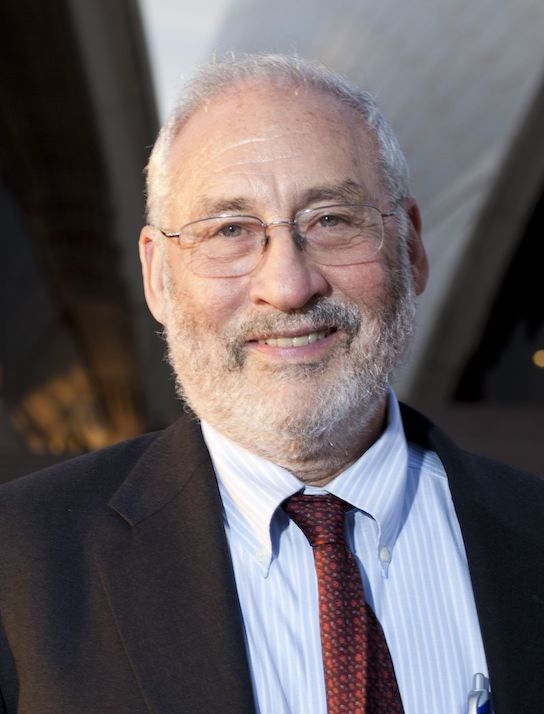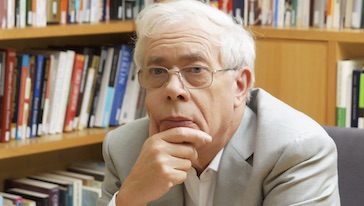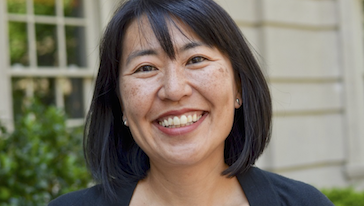During her talk prof. Lancaster highlighted the issues that a new donor country should take into consideration in building its own state aid program and used the more than fifty years experience of the USA, but also her own decades of involvement both as an academic but also as a practitioner in the field and a high ranking administrator, to demonstrate good practice but also the things to avoid. The main theme of the talk is that foreign aid for development is a discrete activity, involving trained and experienced professionals and effective business practices. How and where such a function is organized is also important to the effective functioning of aid, and therefore, each donor country taking into consideration the prevailing environment, available resources, other constraints and the international best practice should develop its own state aid program.
What Cyprus can do is to assist people in need after a natural disaster or national emergency or people in the middle of war or fleeting war zones. This is a critical role for Cyprus and in the past few years has repeatedly contributed assistance, aid, shelter and medical support. The proximity of Cyprus to the Middle East and the long term relations with the people of the region enable Cyprus to be of assistance in times of need. Such examples include the recent war in Lebanon where thousands of people found refuge in Cyprus; assistance, aid and medical support and supplies to Palestinians in the Gaza Strip the victims of Tsunami in East Asia, and the peoples of Armenia, Georgia and Nagorno Garabah among others.
In the case of Cyprus a small, new donor with no tradition in the field the Government prefers to channel aid through NGOs active in the field such as the Red Cross, Ayia Sofia Foundation and the Volunteer Doctors of Cyprus. This is fine provided that the organizations implement effective business practices as described below.
They need to have effective business practices: systems that permit them to plan interventions effectively, contract and implement them, monitor their progress and assess their outputs, outcomes and impact. Monitoring and assessment is important but often a weakness of aid agencies. There needs to be a degree of independence in the latter function from the aid agency for best results. At the same time part of the aid should go into strengthening the administration and accounting functions of the NGOs as means to ensure sound and transparent administration and accountability. Along the same lines the legal framework that allows these organizations to function should be strengthened and external audit from qualified accountants should be reinforced for all projects.
The organization and location of an aid agency is also important: should it be part of the foreign ministry (as in Cyprus) or autonomous? When it is the former, foreign policy considerations can come to drive aid allocations to countries and decisions on their use. Of course in the case of Cyprus initiatives, guidelines and/or projects undertaken by the EU also influence the process. In the US (which has claimed a world leadership role), this can be problematical, leading to a loss of the development mission. In a smaller country this is not so much of a problem.
Finally, all democratic aid-giving governments need to be able to create a political coalition of support at home for annual aid expenditures (including within government, the legislature and the general public) to ensure that these annual expenditures have an adequate political base to sustain them. These are the challenges facing Cyprus today as it begins its journey as a donor as well as a recipient of foreign aid.
